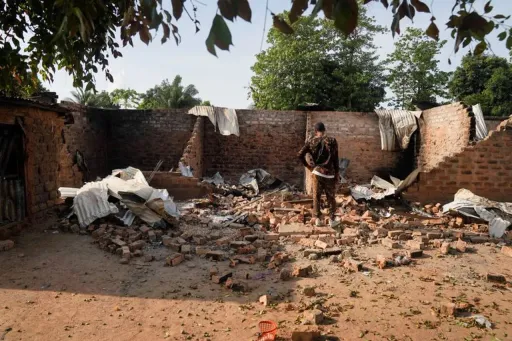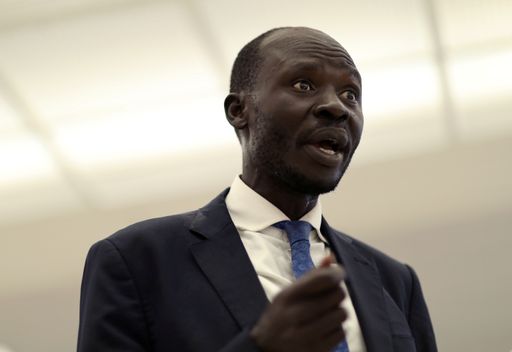Sport
DRC has said it "will not be controlled by the Chinese" after introducing cobalt export quotas, which have been opposed by the Asian nation's mining companies operating in Congo.
Democratic Republic of Congo will stick to its recently announced quota system for cobalt exports, with revisions only possible in the long term if the government sees them as necessary, the country's mining minister said on Wednesday.
The mining minister, Louis Watum Kabamba, told Reuters in an interview on the sidelines of a seminar in New York that his country is more interested in investments that include more processing of cobalt locally, looking to increase the value of its exports.
"We cannot let other people to decide for us. If there will be a stockpile (of cobalt) or not, it is a secondary issue. The most important is to get a fairer price," Watum said after taking part in the seminar organised by the Cobalt Institute.
DR Congo, which supplied about 70% of global demand for cobalt in 2024, will replace an export ban imposed in February with a quota system from October 16 to help manage supplies and influence prices. Miners will be allowed to ship up to 18,125 tonnes of cobalt for the rest of 2025, with annual caps of 96,600 tonnes in 2026 and 2027.
'Will not be controlled'
The export quota system is favoured by the world's number two producer, Glencore, but opposed by Chinese mining company CMOC, the top producer of the key electric battery material. The total quota is smaller than CMOC's production capacity.
"We will not be controlled by the Chinese or by anyone, but ourselves. A country that supplies 70% of the world's cobalt has to have a say about price," Watum said.
Potential revisions to the quota system could come in the future, but there is no time set, he said.
Watum also said the government will continue to take back concessions from companies if they fail to develop the assets.
Comments
No comments Yet




















Comment